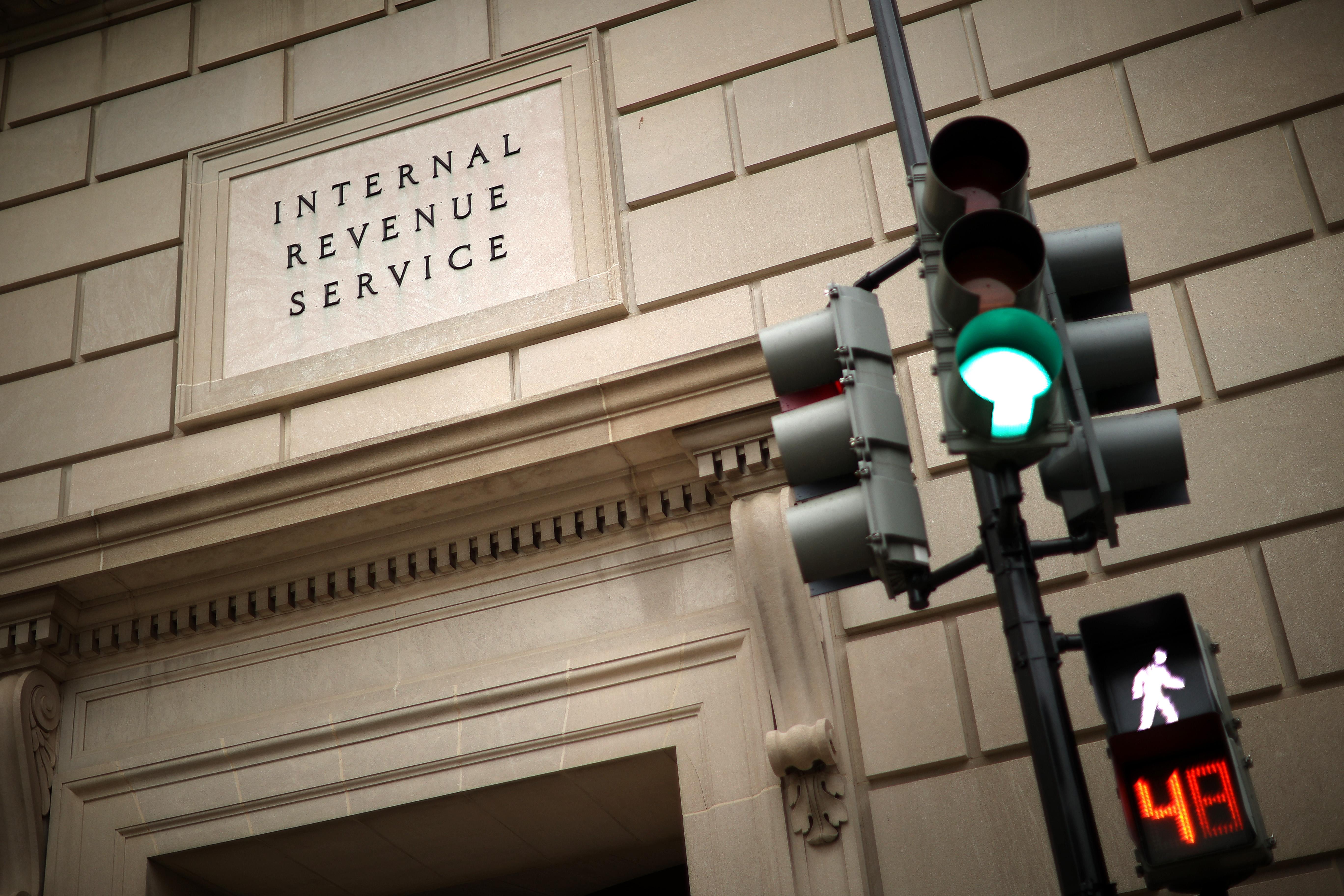Messed Up on Your Tax Return? Here’s What To Do
Taxpayers who discover errors on their 2020 tax returns can file an amended return, but sometimes it's better to wait until the original has processed.
Sept. 10 2021, Published 12:27 p.m. ET

Tax season doesn’t always end for individual taxpayers the moment they mail their tax return or submit their forms online. Some Americans realize they've made an error and need to make changes. Should you amend your 2020 tax return?
There are several reasons for wanting to amend a tax return. Sometimes you may notice a simple error, or you might learn about a tax deduction you qualify for after you’ve filed your paperwork. So, in which cases should you file an amended return? Does the IRS handle certain circumstances?
Reasons to amend your tax returns
Filing taxes, understandably, often leads to errors, particularly when your tax circumstances are complex. Sometimes these are simple calculation errors, such as a misplaced decimal point or wrong number. Other issues are more complicated.

For any of the following amendments, you should file a Form 1040X:
You need to change your filing status (from single to married filing jointly, for example).
You need to correct the number of dependents you claimed.
Your total income differs from what you originally filed.
You qualify for additional tax credits or deductions that you missed in your first filing.
You need to submit additional forms (be sure to attach them to Form 1040X).
Regarding calculation errors, the IRS says it will catch these minor math mistakes on tax returns and correct them automatically, so it doesn’t recommend people file an amended return for that reason.
When to file an amended return immediately
One situation in which you don’t want to wait is if you realize that you owe more tax than you calculated on your first filing. The best course of action is to immediately file Form 1040X and pay the required tax as soon as possible. This will limit any interest or penalties you might incur due to late payment.
In addition to filing an amendment for 2020 tax returns, you can also file an amendment for up to three years after the original tax return. If that deadline is coming up, file your amended form quickly.
When you should wait to file an amended tax return
If you realize that you should receive a larger tax refund than you calculated on the original 2020 return, the IRS recommends waiting until your original return is processed before filing an amended tax return.
Considering the many IRS delays of the past year, it makes sense to wait in this case. That way, you receive at least part of your tax refund sooner, and then after receiving that payment, you can file your amended return. The processing time for amended returns is 16 weeks, according to the IRS.
Although you may be anxious to get things squared away, by filing an amendment too soon, you could subject yourself to a longer delay before receiving any of your refund. Generally, in cases where the IRS owes you more money, it's better to wait before amending your return.
